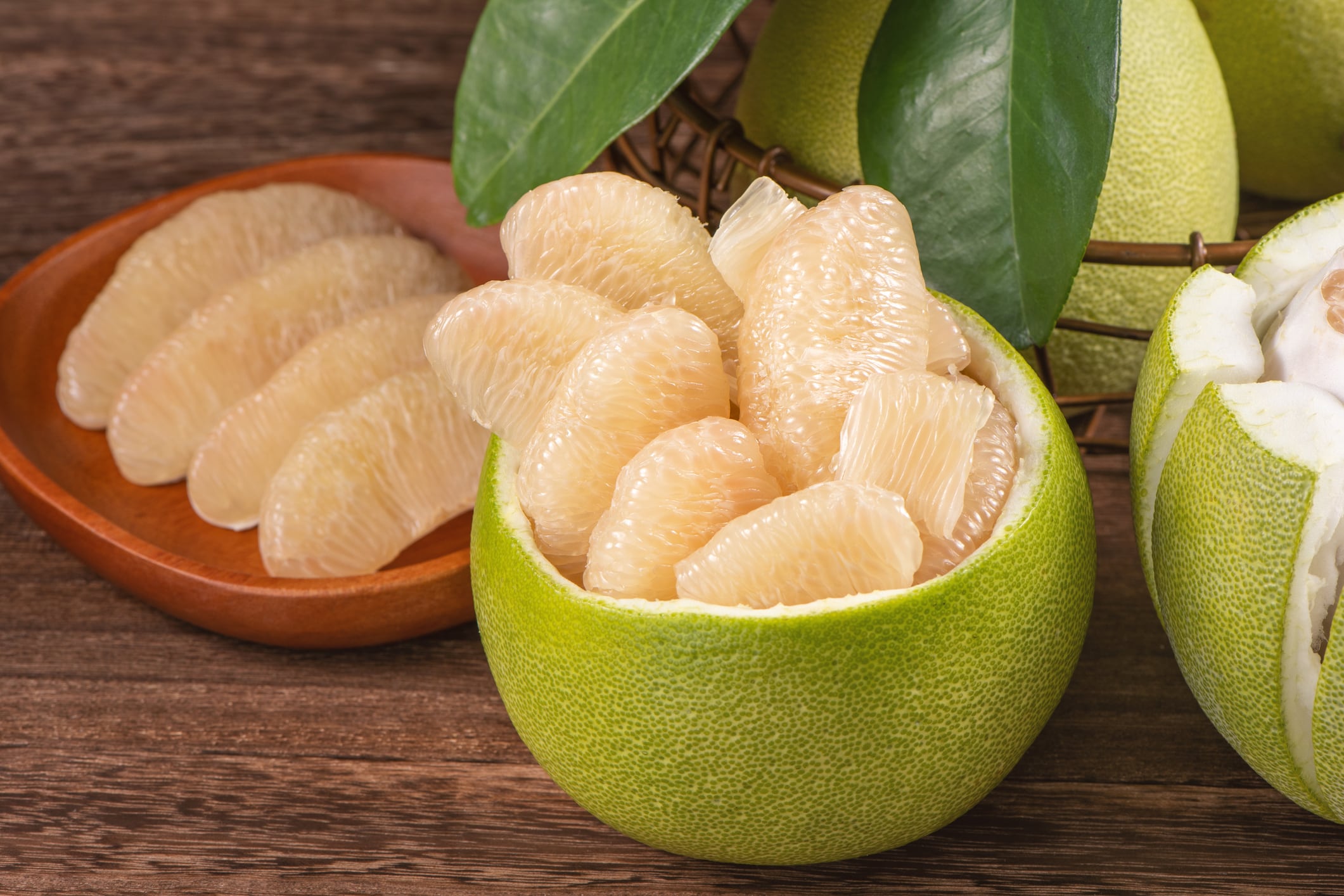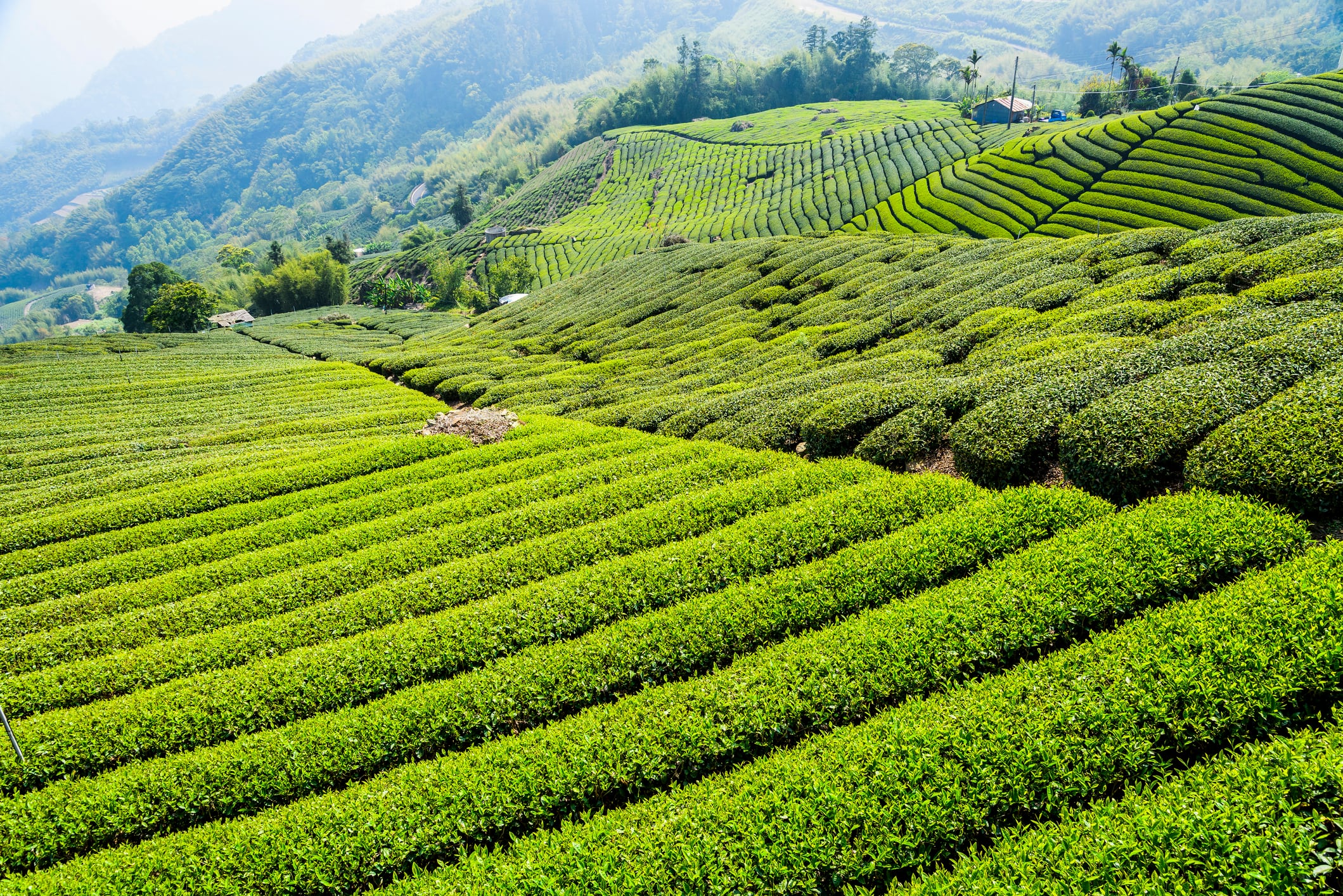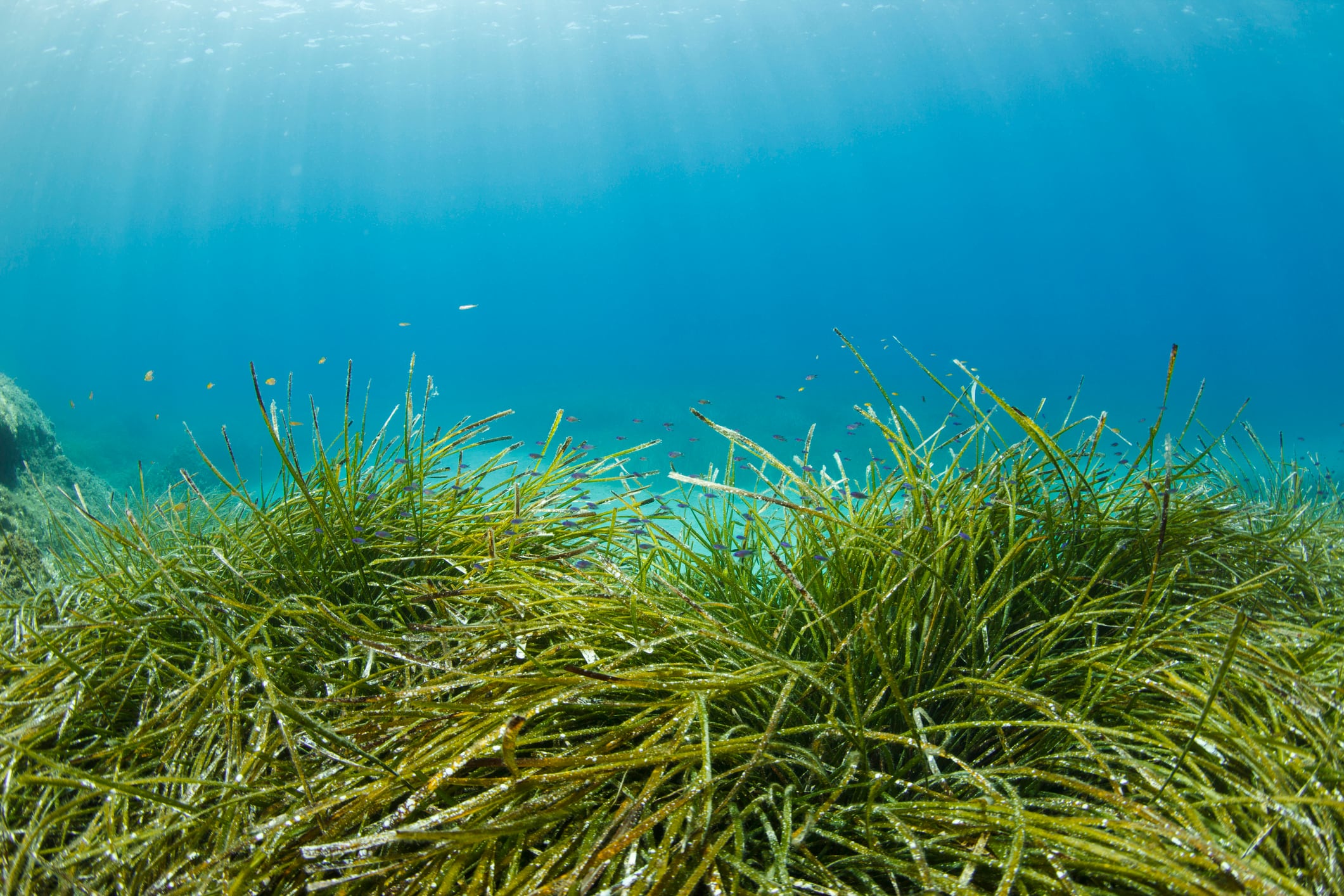In July, Taiwan’s agriculture industry was battered by Typhoon Danas. It was followed up continuous heavy rainfall, which resulted in a pomelo harvest of 40,000 metric tonnes – a 35% drop compared to the average, according to the Agriculture and Food Agency (AFA).
In spite of severe environment, AFA noted that the supply was enough to meet domestic demand, and the quality of the pomelos remained “excellent”.
Still, the extreme weather situation underscored the need to help producers adapt to the impact of climate change.
The agency has supported the development of “resilient, disaster-prevention, and labour-saving smart infrastructure”.
This included the first intelligent automated pomelo grading and packaging facility in in Tainan’s Madou district.
This facility was equipped with labour-saving machinery that cuts workforce requirements by two-thirds, helping address persistent labour shortages in rural areas.
Additionally, in Ruisui, Hualien, the first the region’s first pomelo processing plant certified with ISO 22000 was established. This facility was able to boosting processing capacity by 20%.
This enables more effective handling of harvests and reducing losses caused by natural disasters.
Such projects are part of a broader strategy to modernise production, upgrade infrastructure, and build a sustainable industrial ecosystem that can withstand mounting climate pressures.
“These initiatives reduce risks from natural disasters, lower post-harvest losses, address labour shortages, and foster a new rural industrial ecosystem, helping to achieve the vision of sustainable agricultural development,” said AFA officials.
Getting more out of pomelos
Beyond processing the fresh fruit, Taiwan is also driving innovation in upcycling and whole-fruit utilisation.
According to the AFA, it has been working with research institutes and academic organisations to develop processing technologies that turn pomelo peel, flesh, and pith into value-added products.
This approach not only reduces agricultural waste but also creates fresh revenue streams for farmers and cooperatives.
By unlocking these new revenue streams, Taiwan is positioning its pomelo industry to be more resilient against future extreme climate events.
This initiative has led to the development of a range of products such as jam, candied peel, essential oils, and baking ingredients.
Ahead of the pomelo season, the agency held a press conference to promote the fruit and its products.
More than 30 innovative pomelo products were showcased, including a honey pomelo juice drink, pomelo salt popcorn, green pomelo sauce, and pomelo rice bread.
Additionally, the agency invited Michelin Green Star chef Zhang Haofu of Difang Restaurant to lead a live cooking demonstration to showcase how people can incorporate pomelos into their everyday dishes at home.





